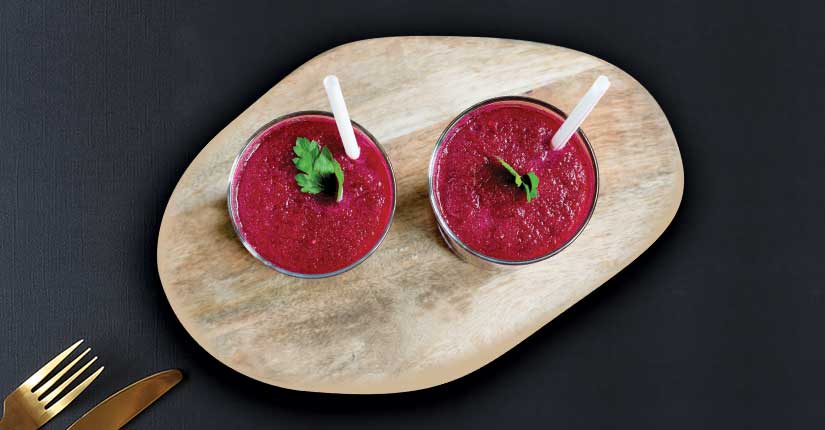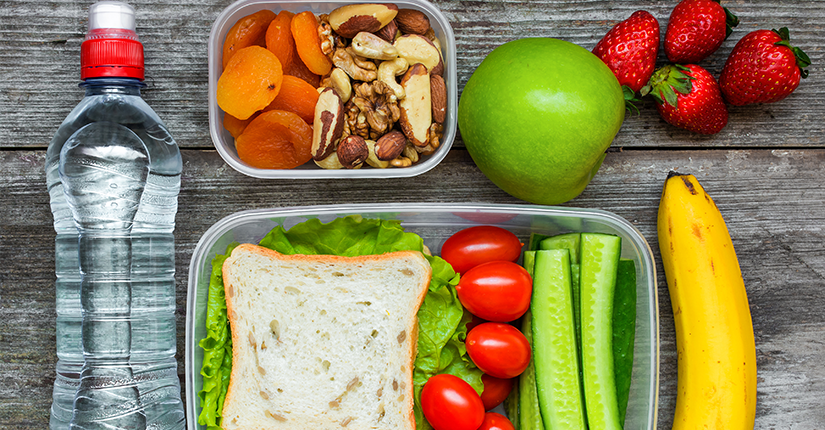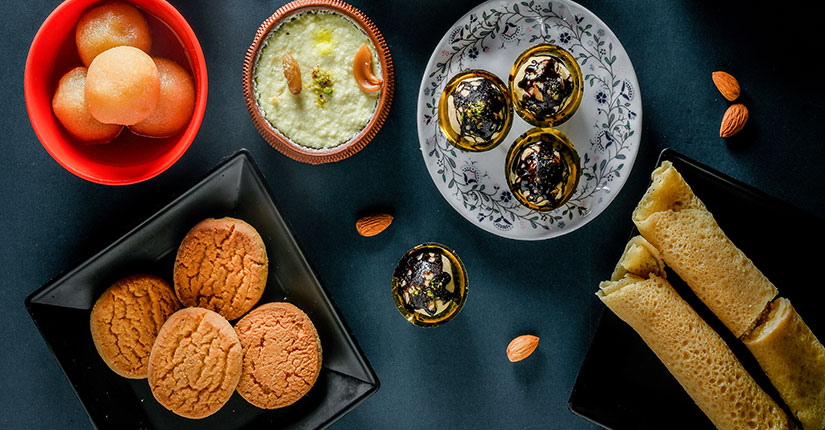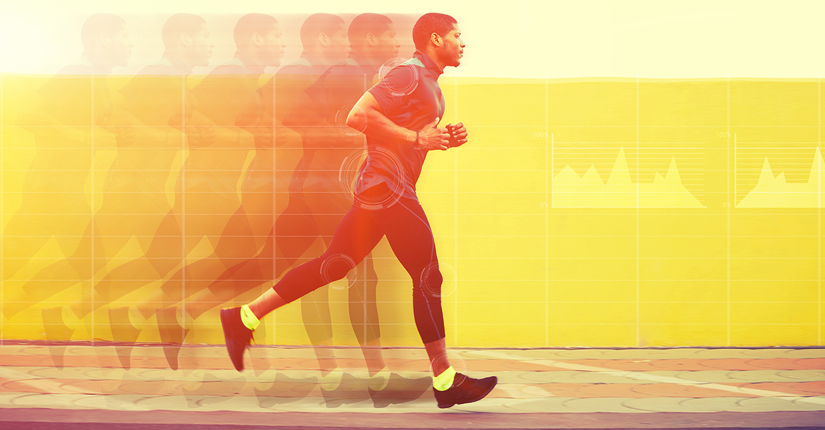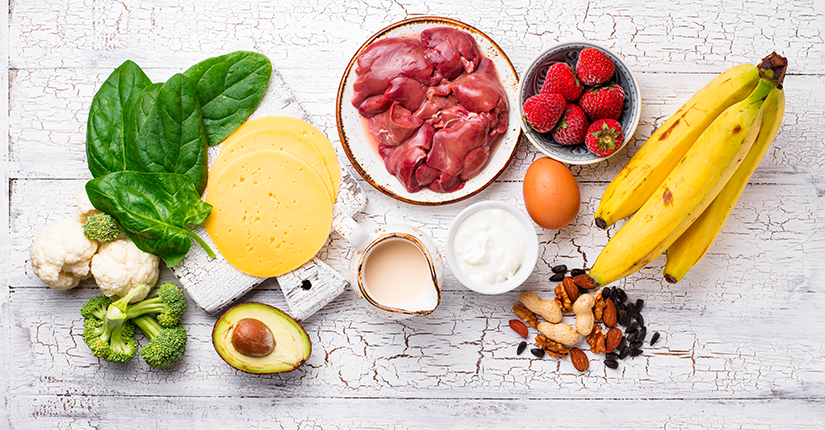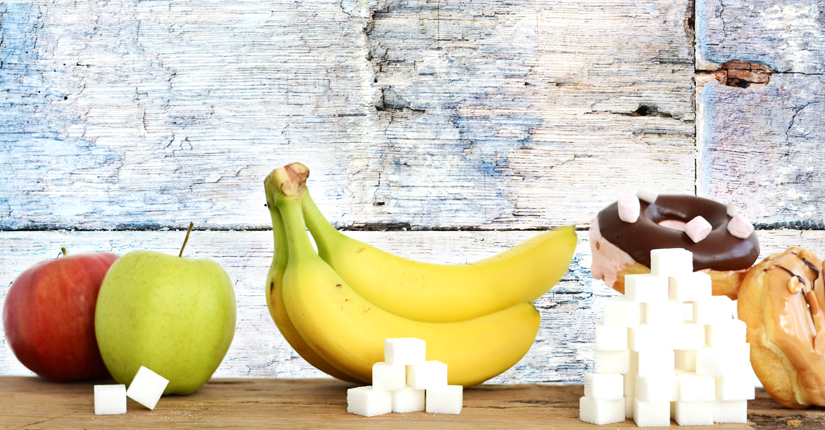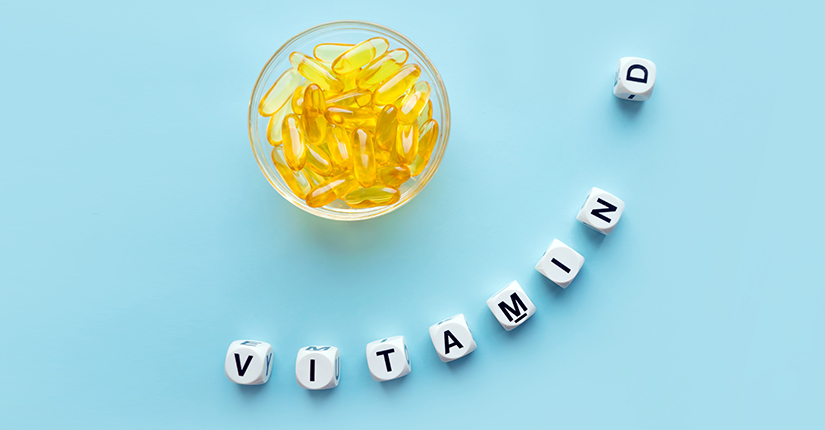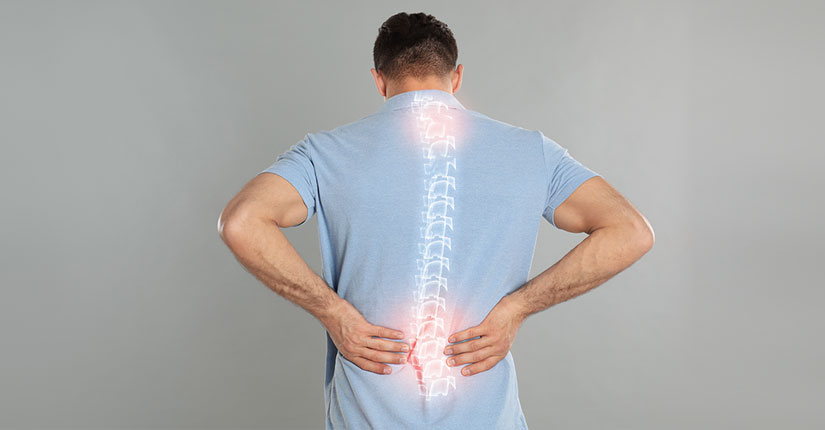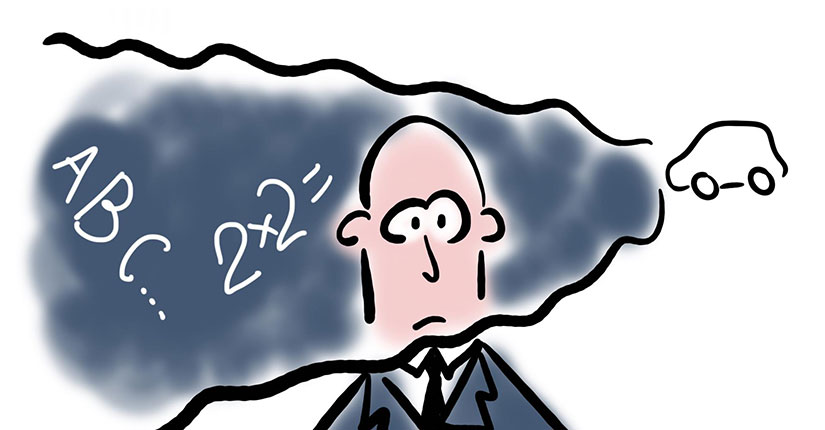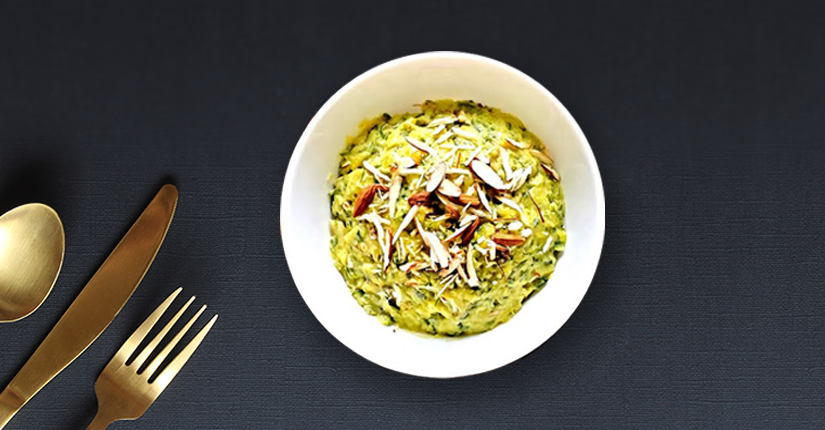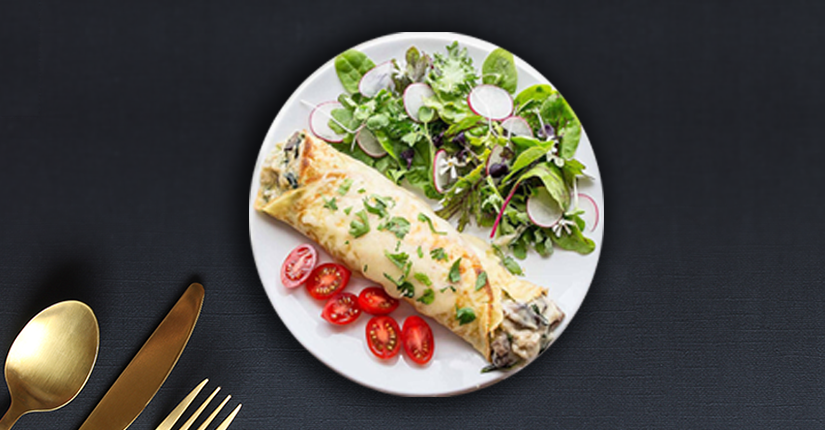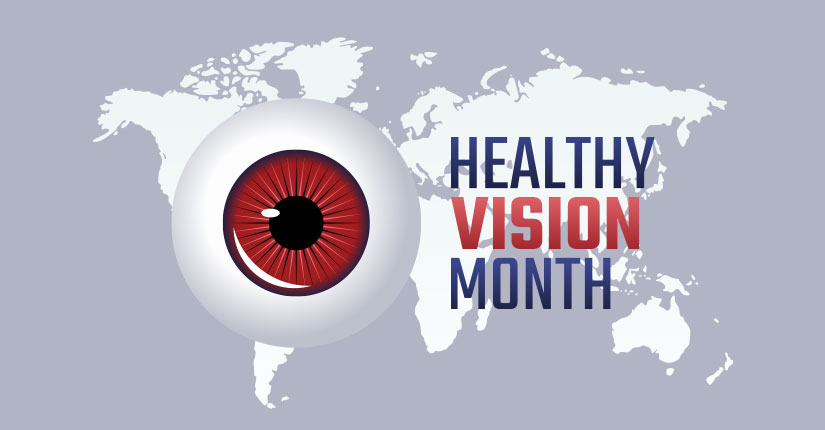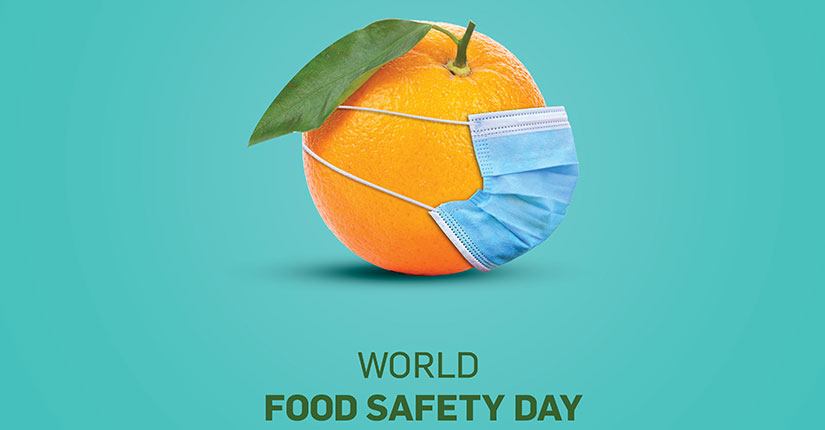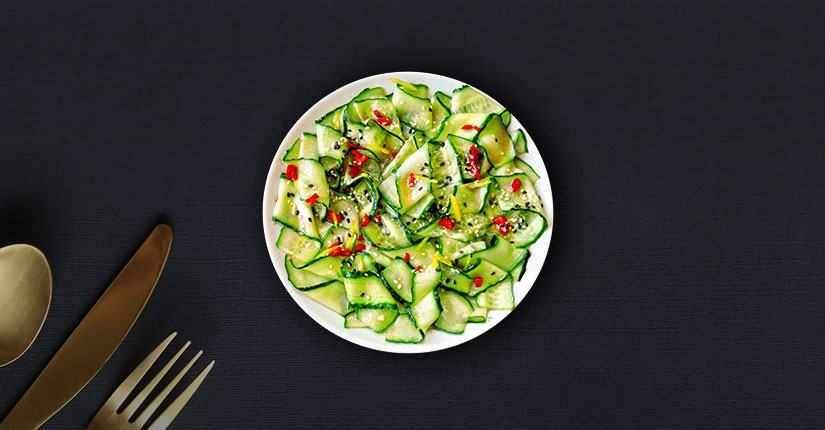Right Nutrition for Better Fitness
By Nmami Agarwal 01-Sep 2020 Reading Time: 7 Mins
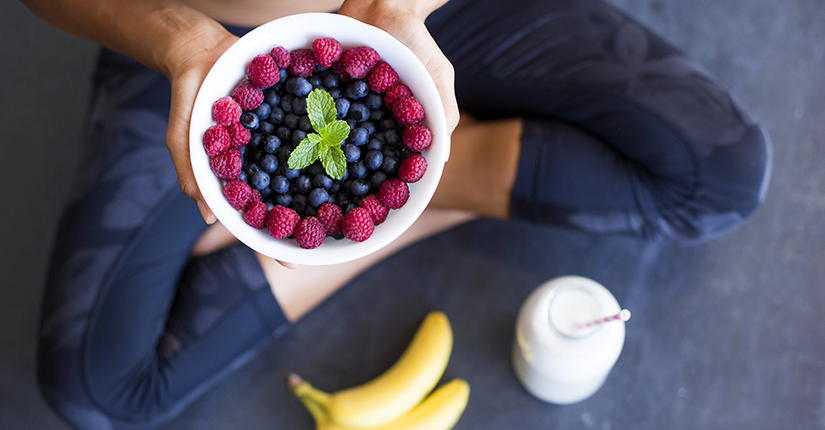
With time passing, now not only celebrities, fitness enthusiasts and dietitians take care of their health, diet and fitness but every common man would pay attention to staying fit. Since the pandemic has already made us realise the cost of health and fitness, we won’t think anyone would disagree to this fact that people have become more fitness conscious in lockdown.
Making the commitment to exercise regularly is a tough task to getting fit. However, without sound nutritional guidance, achieving your goals might be impossible. Tough workouts demand the right kind of fuel — and that fuel comes from the foods and beverages you consume.
Here are a few options to go through while looking for fuelling your body for workout:
- Milk
- Dry fruits
- Bananas
- Water
- A salad bowl
With qualities like hydrating water, muscle-healing protein, refuelling sugar and bone-healthy calcium in every glass, milk is great for those upping their activity levels. A warm glass around bedtime may also help you drift off and get the sound sleep you need, thanks to its slow-digesting casein proteins and ability to boost sleep-inducing serotonin and melatonin. Post workout, body needs carbs to give energy and protein to repair muscles. A homemade fruit milkshake or wholesome fruit smoothie does the same job.
Try a bowl of whole-grain cereal with skimmed milk or some whole wheat toast with milk. Skip the cream cheese and butter. This can takle care of your calcium and protein needs. Saturated fats take longer to digest and can affect the amount of oxygen your blood delivers to your muscles.
Good sources of natural sugars, dried fruits (such as apricots, raisins, almonds and walnuts) give a concentrated source of carbohydrate, making them a great energy booster. You’ll also get a dose of fibre, potassium, phytonutrients, vitamins and minerals with handful of them. Dried fruits are a great natural substitute as they pack in plenty of high GI carbs to give you energy.
Bananas are the perfect fitness food: compact, verstaile, soft to chew, and packed with nutrients. Don’t be too quick to bin the peel however – Taiwanese nutritionists found the peel is not only packed with even more potassium, but mood-boosting serotonin and eye-protecting lutein, too. Try the whole banana – peel and all – in a smoothies or just try making out a sabzi of peels and milkshake of the pulp. Bananas are not only high in carbs but they’re also packed with potassium, which may help with muscle cramps during exercise.
Hydration is a must when you exercise. If your activity is less than 60 minutes, sip small amounts of water often to replace lost fluids. But when your workout is intense and lasts longer than an hour, a sports drink could help you bring your lost hydration and your performance back. Just keep an eye on the calories and sugar, like with any other drink, especially if you want to lose weight.
With free-radical-busting antioxidants, digestion-promoting fibre, plus a whole army of vitamins and minerals, broccoli along with kale, spinach and green cabbage, lettuce are some of the most nutrient-dense foods you’ll find in the supermarket. They are also a great source of folate (a natural-occuring folic acid), which is thought to be good for heart health. When it comes to bone-building calcium, plant based foods such as broccoli and kale offer a healthy dose and can be a good alternative to dairy products. Low calcium levels make you more vulnerable to stress fractures, particularly if you do endurance sports, so make sure you get enough calcium in your diet.
If required, you can consume sports drink after checking the sugar and sodium level in it. The body uses glucose in the blood for energy. Most glucose is stored as glycogen in the liver and muscles. During exercise glycogen is broken down in the muscles and provides energy. Usually there is enough glycogen in muscles to provide fuel for 90-120 minutes of exercise.
Over to you
Proper fitness and nutrition begins with understanding what you need to eat, when to eat, and how to maintain your eating habits for the long haul.
If you’re serious about personal weight training and fitness, you must get serious about your diet, too. Your body is built from both the workouts you complete and the foods you eat. Make sure to consume something before workout and avoid working out empty stomach. You might burn fewer calories if empty stomach. Have some healthy carbs at least an hour in advance of your workout.

